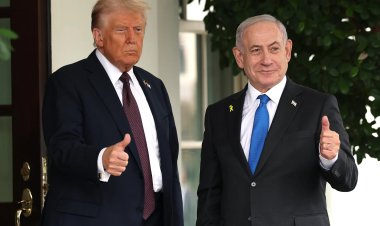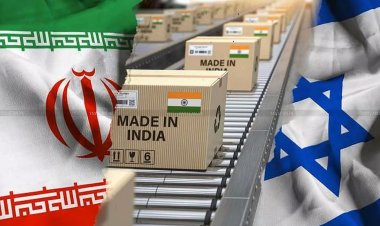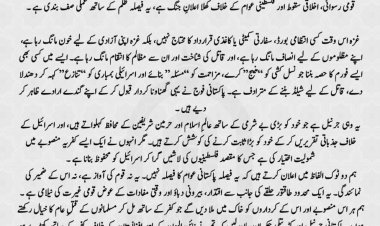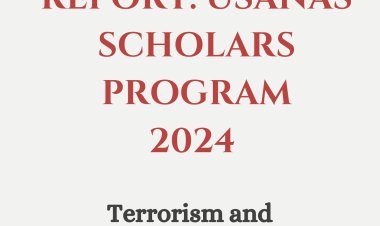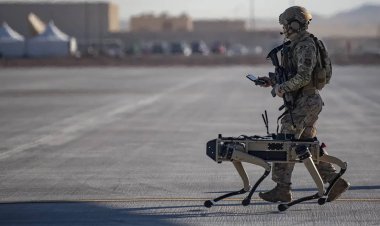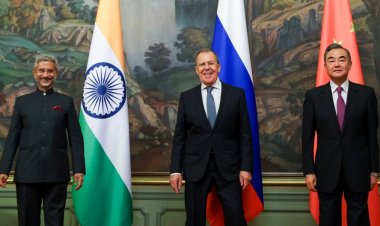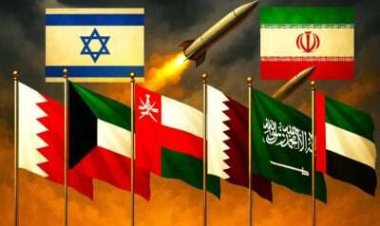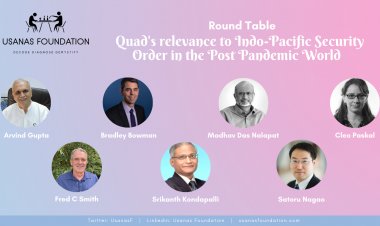Why is Turkey blocking NATO enlargement?
The article analyses why Turkish President Recep Tayyip Erdogan is not ready to vote for Finland and Sweden to join NATO.
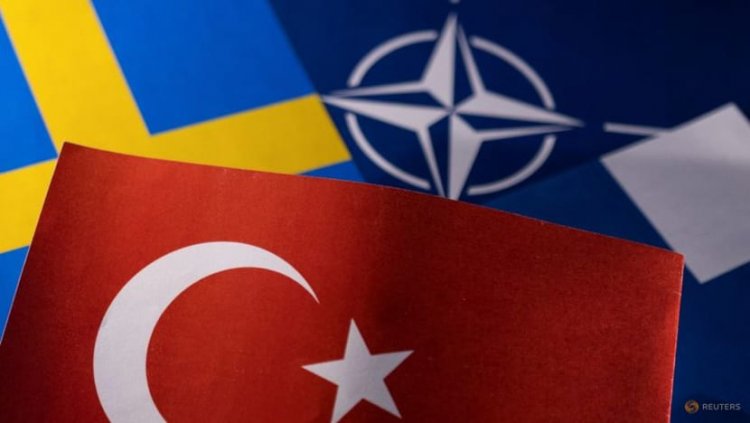
Analysis
By Marian Duris
Turkish President Recep Tayyip Erdogan says he is not ready to vote for Finland and Sweden to join NATO because their govts support groups with which Turkey has hostile relations. The declaration is a surprise only to international organizations, their spokespersons, and the mainstream, which expects only consensus, nothing else. Let's get to the real reasons...
1. The differing attitudes and interests of Ankara and the White House, not only in the Middle East, are the reason for the permanent stagnation of relations at the bilateral and alliance levels. There are many reasons: sanctional blackmailing of Turkey over the purchase of the S-400, external support for destabilization in 2016, or the controversies with the Patriots and F-35 fighters.
2. There are rumors in the professional field that the Syrian branch of the PKK-YPG (classified as terrorist) is being used by the "Great Father" to occupy the agriculturally and energy-rich northeastern region of Syria, as well as a tool of influence to national, constitutional reform. PKK-YPG is a regional rival for Turkey. However, from a US strategic perspective, it has priority over maintaining ties with a Turkish ally, a NATO member state. What would cabinets of some European govts say, when they repeat that the alliance operates in an "all for one, one for all" style?
3. Let's go back to Europe. Turkey's position is based on the argument that Sweden and Finland support the PKK and hide its leaders/members on their own territory. From the Turkish point of view, it is a red line, a scandal and a denial of the impression that these Scandinavian states are today a neutral, principled, peaceful and in all respects a positive example for the world community.
4. While Ankara calls the Kurdish PKK a "terrorist group," Sweden and Finland (in line with the US) see the Kurds as an oppressed minority that deserves Western support and humanitarian aid. This is not an assessment, but a statement of the fact and opinions of the countries on what is happening in the region, where the some leaflets can change the image of yesterday's outcasts to freedom fighters and vice versa. According to current needs.
5. The Swedish and Finnish delegations want to go to Turkey to negotiate. President Erdogan told them "do not bother". Angela Merkel has been given a stop in the past. She came to Turkey and no one talked to her. Ursula von der Leyen was seated on the couch in Ankara among interpreters. What would be prepared for young, liberal politicians from Scandinavia today?
6. Turkey does not believe in promises and has received much stimulus from its partners in the last decade. Knows that in this area, promises are only litmus paper that is thrown in the trash when the goal of mighty partners is achieved. They have experienced these promises about "alliance unity" in practice.
7. The current position is not a message to NATO or the EU, which many non-European politicians described as an obedient, extended arm of the United States. Rather, it is a message to the White House. And the beginning of the campaign for the presidential election in Turkey.
8. "The accession of Finland and Sweden to the Alliance is not an aggressive expansion of NATO, but a direct consequence of Russia's aggression against Ukraine," said Slovak Minister of Foreign Affairs yesterday, emphasizing a North Atlantic commitment that no one else has. So it's not shocking that he doesn't understand concepts like neutrality or multilateralism. By the way, he probably did not catch the joint statement of the Finnish president and PM, which does not mention any immediate military threat as a reason for entry. And the Finnish ambassador to NATO personally said he did not see any "direct military threats" from Russia (check sources below). So who initiated the whole process? Does the Slovak Minister know more about Finland's reasons than the Finns themselves? Or will he later label them as "misinformers" or "those who have been hoaxed on social networks" as he likes to do?
9. Erdoğan presented clear, "business" terms on the table. Demands the lifting of the arms embargo, the declaration of the PKK and derivatives as terrorist organizations, re-entry into the F-35 fighter program, the removal of sanctions from the S-400 system, and a few more things.
10. Finally, the Turkish position is harsher towards Sweden (according to rhetoric) than to Finland, which has a long border with Russian Federation. It remains unclear whether Turkey will block their entry formally, which could anger the "free world". Maybe "spontaneous protests of the democratic opposition" would appear in the streets. Who knows?
From the current mainstream "leaflets" in Europe we cannot expect many rational and independent views or types of information that would complete the overall, unbiased picture. These few observations do not assess or defend the attitudes of individual actors, but help identify the causes and circumstances that shape their attitudes.
Disclaimer: This article is author’s individual scholastic contribution and does not necessarily reflect the organization’s viewpoint.




